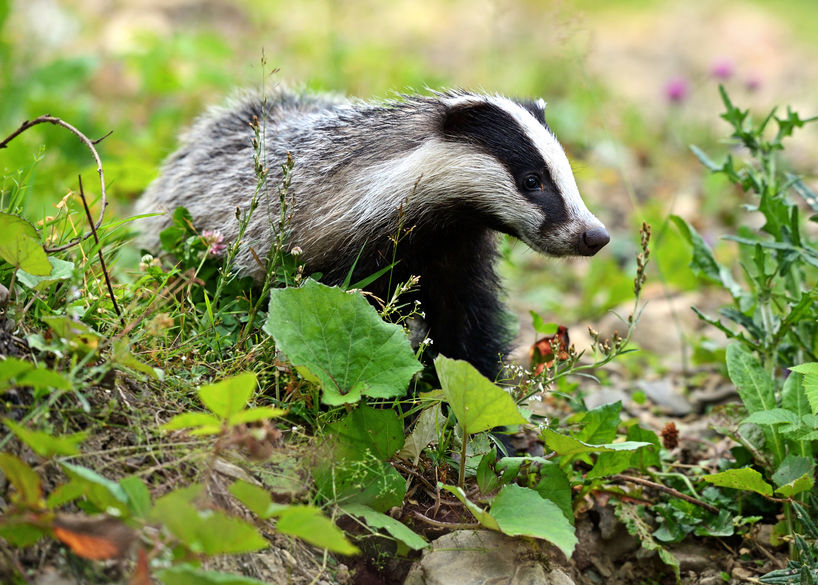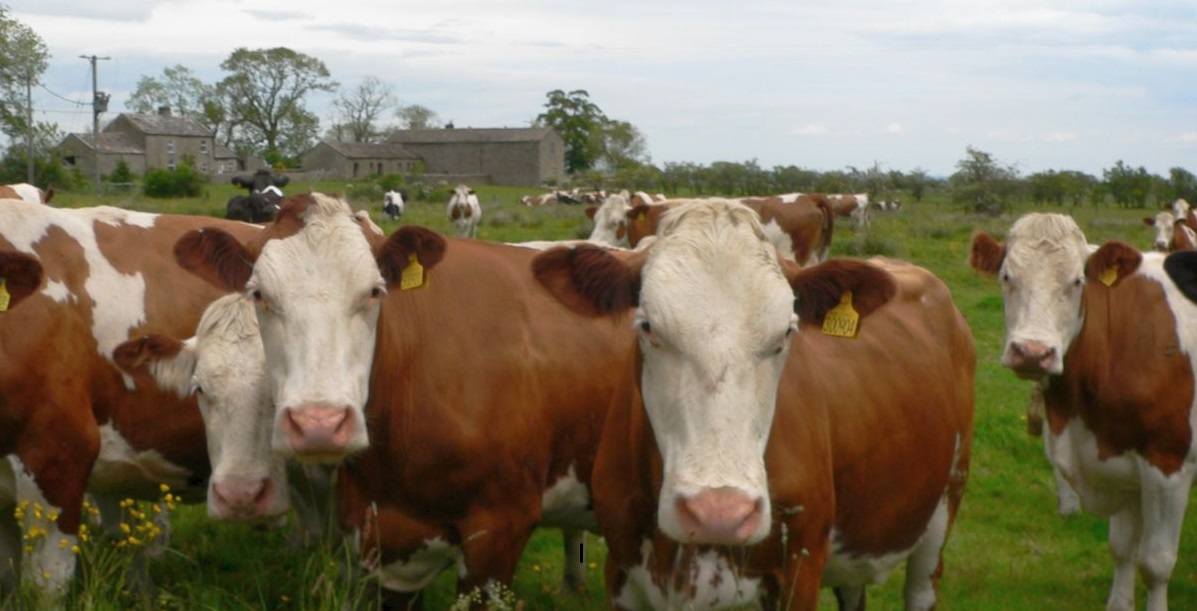
New badger culling licenses have been granted in areas of England to tackle bovine TB, Farming Minister George Eustice has said.
Defra said bovine TB costs taxpayers over £100 million every year and England has the highest incidence of the disease in Europe.
"In 2015 alone over 28,000 cattle had to be slaughtered in England to control the disease, causing devastation and distress for farmers and rural communities, where herds have often been built up on family farms over many generations" they said.
"This strategy is already delivering results: we are on track to achieve TB freedom to more than half of the country by 2020—the first time anywhere in England will have this status."
"Advice from the Chief Veterinary Officer makes clear that dealing with the disease in both cattle and badgers is essential to tackle the disease effectively.
"This strategy is already delivering results: we are on track to achieve TB freedom to more than half of the country by 2020—the first time anywhere in England will have this status."
NFU President Meurig Raymond said bovine TB remains a huge threat to beef and dairy farmers in large parts of the country.

"More than 28,000 cattle were slaughtered in England last year because of it and nearly 4,000 herds that had previously been cldar of the disease were affected by it.
"Farmers facing a daily battle against bTB in those areas that have been granted licences for badger control operations this year will welcome the news that finally action is being taken to tackle the reservoir of disease in wildlife in these areas.
"Today’s announcement means that badger control will now be taking place in ten per cent of the area where cattle are at the highest risk of contracting bTB.
"There is still a huge amount of work ahead to ensure the eradication of bTB from this country and I would like to take this opportunity to thank farmers for their continued support in working towards this goal."
But David Bowles, the RSPCA's head of public affairs, said the cull was not necessary.
"The RSPCA believes there are better ways to tackle bovine TB," Mr Bowles told BBC Breakfast.
"It's more expensive to cull. It's more inhumane to cull. It doesn't sort out the problem even if you do it properly."
TB 'not transmitted through badger cattle contact'

Research claimed in a paper published in Ecology Letters said cattle and badgers rarely come into direct contact in the countryside and instead TB is transmitted through infected faeces and urine in pastures.
Researchers in the UK have spent more than a decade studying how badgers transmit bovine tuberculosis (TB) to cows and have said contaminated pasture is to blame with significant implications for farm practices like slurry spreading.
Since 2013, the government has sanctioned the culling of badgers in controversial culls to prevent further spread of the disease, which has an estimated cost to the countryside of £100 million.
"There are loads and loads of things that farmers are being advised to do and there is no certainty that any of them will actually work and because of this, hardly any farmers implement any of these sorts of measures," Professor Rosie Woodroffe of the Zoological Society of London (ZSL) said.
"If we can focus on the things most likely to work on that massive array of things farmers are being advised to do more people will do them."
"We are now beginning to identify how the transmission happens and that ought to open up an array of finely tuned management approaches instead of the blunt instrument we have now," she said.
'Badgers avoid cattle'
With over 65,000 moments recorded in the study, there was not one occasion a badger and a cow, bull or bullock were within five metres of each other, and only one where the animals were less than 10 metres away from each other.
"Do badgers avoid cattle? Yes, they do, they significantly prefer to be at least 50 metres away from cattle, so they love cattle pasture but they hate cattle."
There is strong evidence that badgers transmit bTB to cattle, she said, as well as for cattle to cattle transmission and for livestock to give the disease to badgers.
"It's more likely this transmission is happening through the environment rather than direct contact."
In response to the findings of the study a Defra spokesperson said: "Our comprehensive strategy to beat bovine TB includes tighter cattle controls, good biosecurity and badger control in areas where the disease is widespread, and a number of measures are in place to prevent the spread of infection.
"These include frequent testing and rapid removal of infected cattle, pre- and post-movement testing and wildlife proofing of high risk units.
"To reduce the risk of cattle-to-cattle transmission from contaminated environment, farmers are required to carry out cleaning and disinfection and to keep cattle out of fields grazed by reactors for two months after their removal.
"There are also rules about the use of manure and slurry on infected farms to mitigate the risks associated with their spread."
Proactive badger control 'best available option'
Farming Minister George Eustice said bovine TB has a devastating impact on farms, which is why they are taking "strong action" to eradicate the disease.
"The veterinary advice and the experience of other countries is clear; we will not be able to eradicate this disease unless we also tackle the reservoir of the disease in the badger population as well as cattle."
Chief Vet Nigel Gibbens said that action to prevent infection of cattle from significant reservoirs of TB infection in local badger populations is an "essential part" of the government’s 25-year strategy to eradicate bovine TB in England.
"Proactive badger control is currently the best available option and the licensing of further areas is necessary to realise disease control benefits at regional rather than at local levels," Mr Gibbens said.
In 2015 badger control operations in Somerset, Gloucestershire and Dorset were all successful in meeting their targets, and the government announced in December that it wanted to see badger control over a wider number of areas in 2016.
